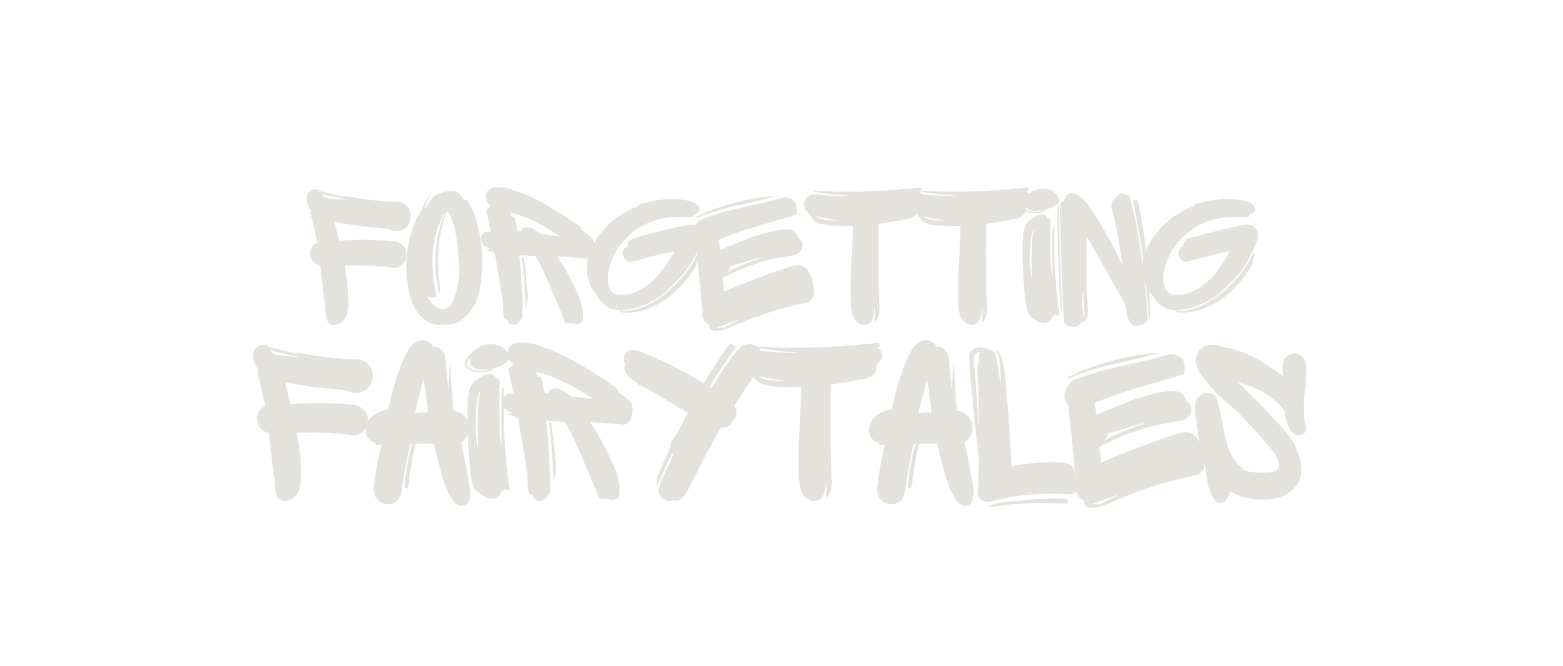Right ladies, it’s time to tap into the minds of men and start understanding them a little better. See, as well as you know your partner, what you may not fully appreciate is that (if he’s a guy) he is actually wired differently to us. These differences significantly affect our relationships, which is why I’m starting a whole series specifically based around ‘Understanding Men.’ What I want to tackle in this post to kick it all off? How when you think you’re helping him, you may actually be pushing him away…
What am I referring to here? The times you make suggestions, the times you try to encourage self-improvement, the times you nag at him to get something done (even if that’s because you know it’s important) and just generally speaking – the very fact that you want to bring out the best in him… You still can, but there’s ways to go about it. So let’s start from the top to give you a better understanding of it all, yes?
Why You Naturally Want To Help Your Partner
As women, we want to help our partner. It’s in our nature to be supportive and nurturing. It’s engrained within us. See, our sense of self is primarily defined through our feelings and the quality of our relationships. We experience fulfilment through sharing, relating and connecting. It’s why for many of us – finding true love is a high priority. It makes us feel whole in a way. And there’s nothing wrong with that.
That doesn’t mean we’re weak or feeble. We still know what we will and won’t tolerate. And we can still be cool, calm and oh-so independent. But we do value personal relationships, which is why when we find people we care about – we want to help. We feel closer to them when we do, like we’re really part of their world and adding value.
For us, personal expression (especially of our feelings) is also very important – as is communication. Talking and relating to one another is a great source of fulfilment, and it comes easier to us. Women also tend to be more intuitive. We know when something is wrong and a sign of great love is to automatically offer support.
Offering help is not offensive and needing help is not a sign of weakness. However, men see it a little bit differently.
Women are relationship orientated, whereas men are goal-orientated.
For men, they value power, competency, efficiency and achievement. They’re always doing things to prove themselves and develop their sense of power. Their sense of self or ‘worth’ is defined by their ability.
They experience fulfilment through success and accomplishment. Men are more about THINGS over FEELINGS. Achieving goals is important, because it proves competency, and makes him feel good about himself. But the thing is – he has to do it himself, someone else can’t do the work for him. Men pride themselves in doing things all by themselves – it’s about gaining autonomy.
That’s why they resist being corrected or told what to do. Offering them unsolicited advice is presuming they don’t know what to do or that they can’t do it on their own. Men are very touchy about this because their issue of competence is so important to them. It’s at their core.
Men Like To Try To Handle Things by Themselves First…
For this reason, men typically try to handle their problems on their own – because they think they have to or should do. They therefore may mention what’s going on in their world, but they very rarely go into detail about how it makes them feel – not initially, or with ease. Especially to their partner.
After all, in their mind, they’re supposed to be the protector, not a ‘burden’. (And yes, I know, we don’t see it that way. Not all men do either. They can fight against the way they’ve naturally been wired.) But they do try to process things internally before speaking up. I mean, “Why involve someone else, when I can do it myself?” That’s generally their rationale.
Asking for help when you can do it yourself is seen as a sign of weakness. However, if a man reaches a point where he knows he DOES need help and it would benefit him if he were to get help – it then becomes WISE to go to others. He just needs a bit of time to begin with to reach this point himself and realise that it would actually be smart to get a little extra support.
For men, talking about a problem is an invitation for advice.
Men are wired this way. They only speak up, when they want answers. Because that’s how they think and what they do. That’s also why when women share how they feel, men automatically give advice back. They look for solutions, try to help in that way – because that’s what they want when they speak up.
What they don’t always understand is that sometimes women don’t want fixes, they just want to talk, express, get off their chest how they feel.
For men, they show love by being helpful – and they want to feel useful, valued and helpful. If men offer a solution and this isn’t enough – the woman is still upset about it, he starts to switches off. Again, he doesn’t understand how EMOTIONS and EXPRESSION come into it.
Instead, he feels like his solution is being rejected and it makes him feel useless. He doesn’t get that by just listening with care and empathy, he is helping. He doesn’t know that talking about problems is not always about solutions. So as you can see – it’s just as essential that men understand women, as it is for women to understand men.
You Think You’re Helping But You’re Actually Pushing Him Away
Once you realise these natural differences, you can better understand why your approaches don’t always have the desired affect…
Know that men will ask for help when they need it. They’ll listen to your suggestions, but when they think they need it. If you consistently give it before they’ve reached this point, they’ll see it as unsolicited advice – thinking that you don’t trust that they can do things themselves or know how to do it. You’re essentially undermining him – not purposely, of course. You just don’t fully appreciate the sensitivity of the subject.
See, for us – offering help makes us feel loved and cherished, whereas men see it as more of an insult over a gesture of caring.
It’s also worth nothing that women’s nature is to want to improve things – that’s why we feel these urges to constantly chip in. When something works, it can always work better. When we care about someone, we frequently point out what can be improved and suggest how to do it because – like we said – offering advice is an act of love.
Women often feel responsible for assisting a man in growing so she tries to help him improve the way he does things. She puts so much focus on him and keeps persisting in helping, even if he’s not asked for it. She thinks she’s nurturing him, whilst he feels he’s being controlled and changed. Instead, he just wants her acceptance.
Remember: men are far more solution orientated. Their outlook is, if something is working, why ‘fix’ it? Don’t fix it unless it’s broken. This means that when a woman is trying to improve a man, he see’s it as her trying to fix him and therefore thinks that she thinks there’s all these things that are wrong with him. Women don’t realise that their attempts to help, are actually humiliating their partner.
It’s Not ALWAYS A ‘One Size Fits All’
If your partner is resisting your help, shutting off from what you’re saying, taking things personally, or not listening the majority of the time – it’s a big sign that you’re pushing him away because of these fundamental differences.
Now, this isn’t the case for everyone. Naturally, this is how men and women are wired, as you’ll learn in my book recommendation above. But some men take on more feminine attributes, and some women, more masculine ones. So it’s not ALWAYS the case. It’s therefore a matter of reading these posts in the Understanding Men series, identifying if what I’m saying sounds familiar to you, and then making the necessary changes from there as / when needed.
How To Stop Pushing Him Away
When he resists your help, shuts you off, or doesn’t listen, you think it means he doesn’t care. But this may not be the case. By understanding that he’s wired differently, you can appreciate how things come across from his side.
He may well agree with what you’re saying, he may actually have appreciated the advice you were tying to give, but if he hadn’t requested it – he’s going to put his guard up. And this doesn’t happen straight away. It’s when they all the little things start to accumulate that a resistance builds. It therefore happens over time, when the supposedly ‘helpful’ suggestions start to wear thin. When they’re on the same topic – it also just gets seen as nagging.
And that’s fair enough to some degree. He hasn’t asked for your help or input. In this case, it’s actually worth asking yourself:
Is this about MY needs or HIS? Is this something that HE cares about, or just ME? And is this fair of me to put this on him?
If you’re not sure, talk to him. Ask him how he feels about something before just voluntarily giving him all this information. Find out how important it is to him before you dive straight in. Otherwise it’s going to come across as you trying to sculpt your dream man, and that he isn’t that. This leads me onto another important point:
A man will make improvements when you’re offering SOLUTIONS to PROBLEMS, rather than making him feel like HE is the problem itself.
I honestly can’t stress this point enough. He’s not rejecting your needs or your suggestions. He’s rejecting the way that you’re approaching it, because of the way it makes him feel. And THAT my friends, is why he’s pulling back.
A Few Final Suggestions To Improve Your Relationship
So what do you do? How do you stop unintentionally pushing him away? Well, first off, understand that this is one of the many differences in how men and women are wired and appreciate the fact that your ‘helping’ may not actually be helping. By knowing this, it means that you won’t take it personally when he snaps or ignores what you’re saying – because you’ll get it.
Do you have to refrain from saying anything at all? Well no, because that’s only going to make you feel pent up or frustrated. Instead:
1) If he doesn’t ask for help – don’t offer it.
Wait until he’s processed things himself or asks for your opinion. Timing is key you see. If you really do feel strongly about it, ask him if he’d like to hear what he thinks – because it will change the way you communicate it instead of just dumping it on him. If it’s a small thing or not 100% necessary to say, then don’t say it at all. He’s his own person. Let him figure things out for himself. Otherwise it’s going to come across as excessively critical.
2) Think before you speak.
When it comes to the things that need to be done, or the changes that need to be made, it doesn’t mean that you can NEVER approach them. Just simply consider how important they actually are before you say them. Also balance these ‘negative’ things out by picking up on the positive things more… notice the small little things they do. Because if you point these out, the ‘negatives’ won’t be such a big hit.
3) Practice restraining yourself from unsolicited advice.
To start changing your habits, try not saying ANYTHING for a week. No nagging, no suggestions, nothing – and notice the impact, notice the reduce in conflict, see if he learns himself. Then when you do say things, see how you can change the way you say them. So for example, if he has a habit of putting off doing the dishes, instead of saying the same things in the same way, every damn day, try a little post-it note… “Don’t forget these. Love you!” Or if you are saying things, think how you can say them in a more lighthearted way so that they don’t come across as a demand.
Knowledge is power. But only when you apply it.
Understand, learn, digest, then make the changes to positively impact your relationship.
Don’t forget to SUBSCRIBE to my blog below to get notified on the next post in the series. Hope it helps. All the best!
Love,
Ell_xx

Recommended Reads:
- How To Let Go Of Resentment In a Relationship
- Why Even The Best of Relationships Take Work
- How Well Do You Know Your Partner? Take The Quiz

